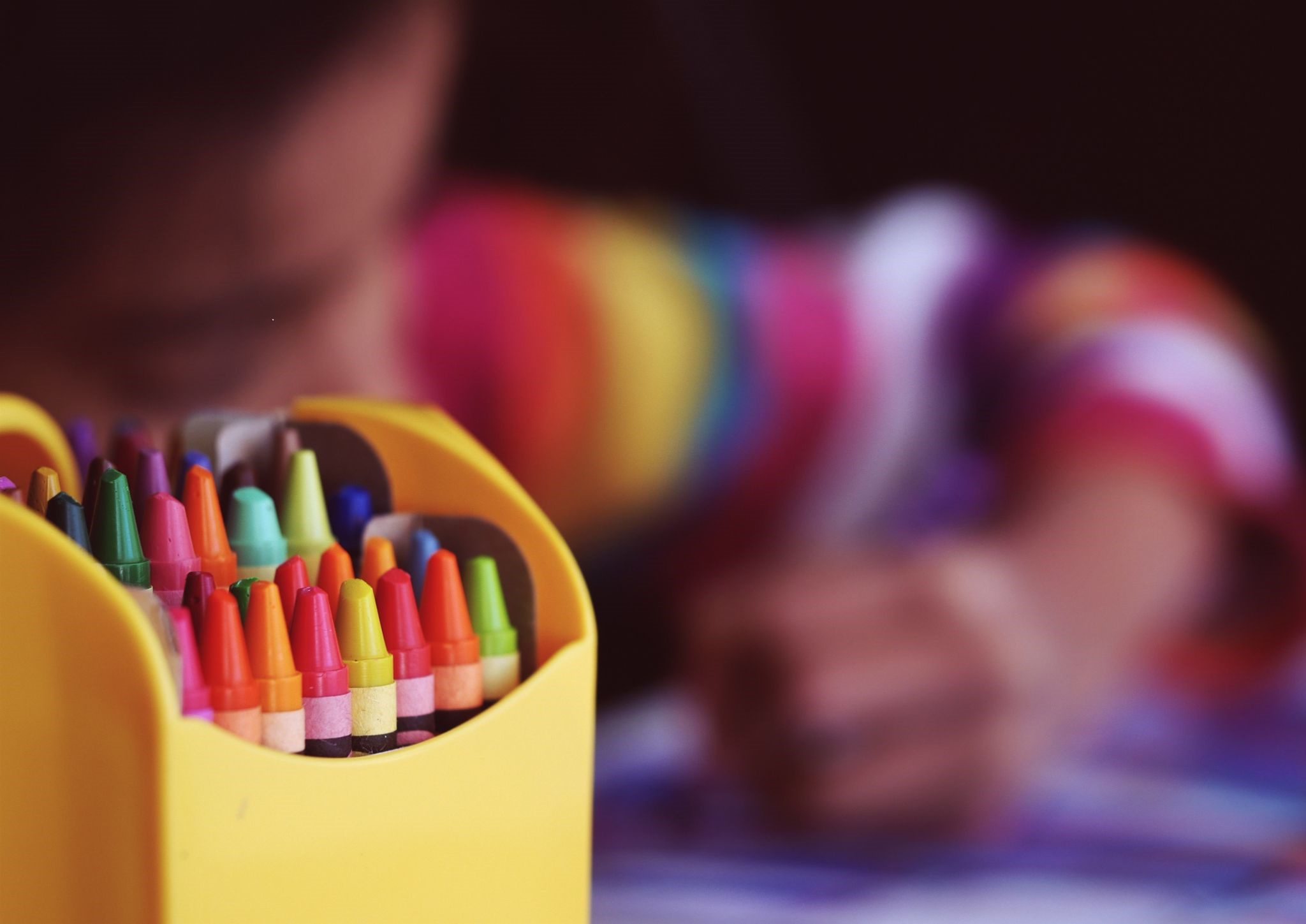Preschool education is one of the giant steps in a child?s life. This is one of the first exercises for the child to step out of their comfort zone and slowly adapt to the environment around them. A preschool becomes a second home for them. It is a place where the child has enough materials to feel secure and comfortable. Learning at a preschool also develops a child?s self-esteem and confidence.
They learn to interact with people outside their family, make new friends and talk to their teachers. It is the right place to start the foundation for lifelong progress. The experiences at the preschool shape the personalities of the children which contribute to their aptitude and attitude in later lives.
Many kinds of research show that children having a preschool education are better learners with improved social skills, better grades and fewer behavioural problems. Preschool learning is also good for their growth mindset and the development of cognitive skills. The best preschool franchise in India offers both online and offline classes. Preschools are important to elevate the child?s positive learning attitude, the basic foundation in language, comprehension and management.
Is Preschool Education Important for Your Child?
Preschool education is important for your child in many ways. Be it social or emotional development, or improving their cognitive skills, being in a preschool make learning easy and fun for your baby. Here are some of the reasons why preschool education is an important milestone for your child.
Social and Emotional Development
Social and emotional development is an essential factor to live a successful life. While in preschool, your child would be operating mostly on their own – with occasional help from their peers and teachers. It is the first step towards being an independent self. A preschool environment would help children to explore and gain a sense of self along with their peers. It would help them make social bonds with other children, make friends and play.
This is important for building self-confidence. Their social and emotional development is determined by the way they interact, develop friendships and connect with the world around them. This can only be achieved when they are out of the secured world of their parents and explore it individually.
Cognitive and Linguistic Skills
The linguistic and cognitive skills of a child are nurtured in a ?language-rich? environment. The teacher helps them strengthen their language skills by introducing new vocabulary during art, game and snack time. Teachers also help them engage with thought-provoking questions. Language skill development also enhances the cognitive skills of a student. This can be done by singing, reading, recitation and creative play.
Self-Confidence
While in preschool, children learn to do things by themselves – be it washing hands, removing shoes or going to the bathroom. This helps in building self-confidence and becoming independent. Self-confidence plays a huge role in your child?s success in future. They would be able to perform better both academically as well as socially. Self-confident children also learn more, achieve more and have more friends and support.
They are generally happier as they know that they can overcome and adapt to any setting. The early years are important in the building of self-confidence. That is why preschools are important factors while enabling your child?s education. The foundation of self-confidence starts at a young age and becomes strong and effective with the years. Confidence also helps them determine the right and wrong in a situation and avoid people and circumstances that are not good for them.
Behavioral Management
Behavior management is an important part of preschool learning. While in preschool, your child has to learn how to be a student. They also have to be patient and raise their hands in order to ask any questions. They would learn to take turns and share the teacher?s attention with their peers. Your baby would also learn the importance of routine, how to follow directions and rules, and also abide by them. They can explore and experiment with different ideas. They learn the art of communications and the foundation of friendships with their peers. They also learn to separate themselves from their parents and caregivers, while doing things independently.
Academics
Preschool is not about achieving academic success but building the basic foundation of learning. In preschool, pre-math and pre-literary skills are taught. Children learn in a fun and enjoyable way. For instance, they learn the numbers and the alphabets in the form of rhymes. This not only helps them in memory retention but also notice the distinct sounds of the words to aid in proper pronunciation. Children also learn in the form of matching and sorting games and puzzles. It enhances their problem-solving skills. Your child gains the confidence to explore and question their surroundings.
Final Take
Quality preschool education helps children with their cognitive, behavioral, and social skills. It provides a strong foundation for language skills, listening comprehension, and attention management.

As the editor of the blog, She curate insightful content that sparks curiosity and fosters learning. With a passion for storytelling and a keen eye for detail, she strive to bring diverse perspectives and engaging narratives to readers, ensuring every piece informs, inspires, and enriches.










